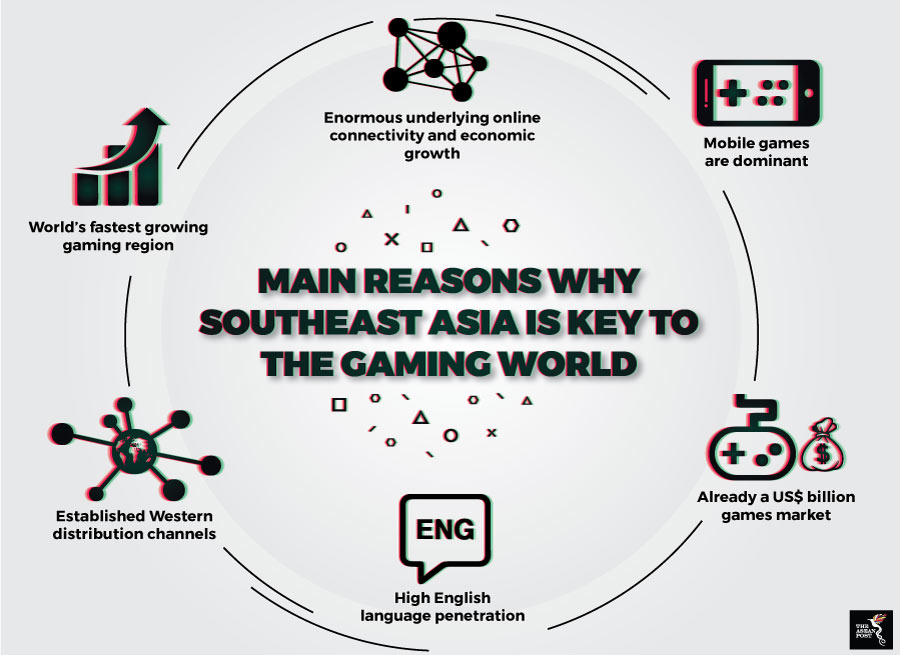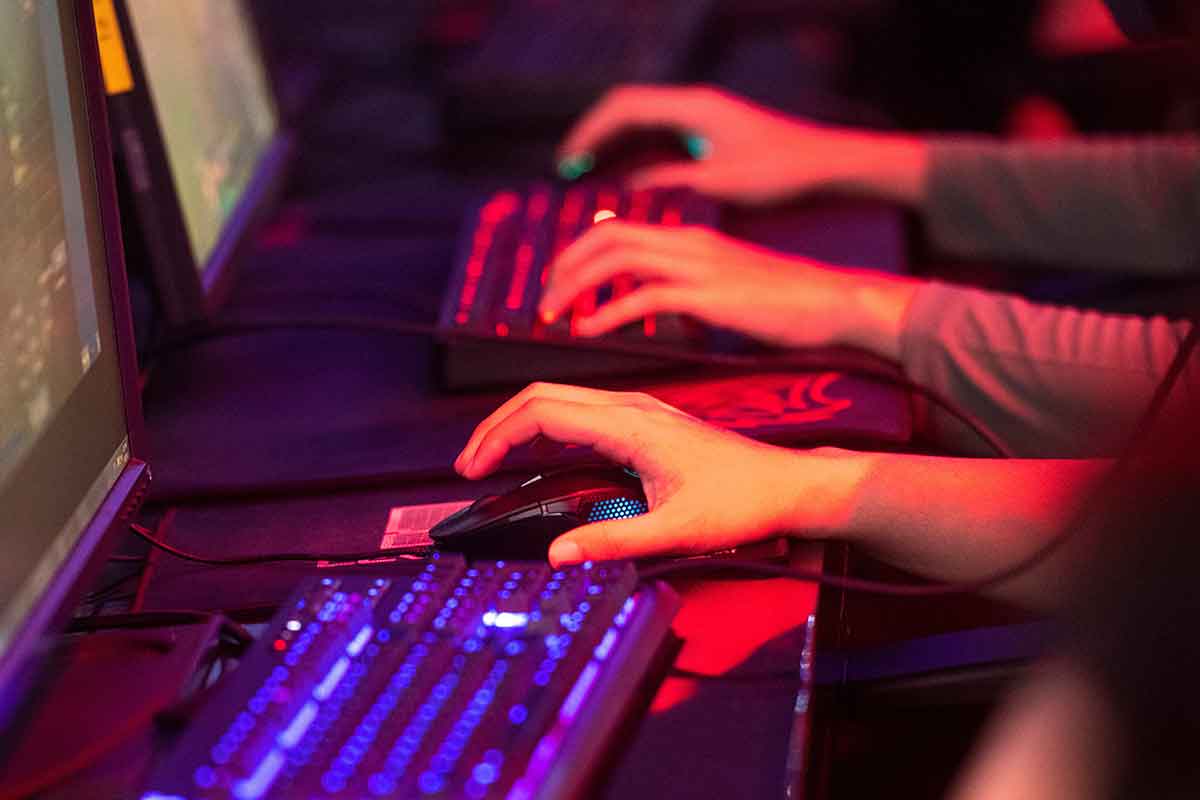As we usher in the Fourth Industrial Revolution, also known as Industry 4.0 - like most other aspects of life - sports too has evolved with the times. While traditional sports such as football, badminton and even swimming used to require physical prowess for a player to excel, the sports of today has become more about the power of brain over brawn, not unlike a good game of chess.
While it wasn’t too long ago when parents would lecture their children about “wasting” too much time playing video games, today, with the advent of esports, playing video games may in fact be encouraged. Governments around the world have opened up to the idea of seriously promoting esports and ASEAN is no exception.
On 26 March, Indonesian youth and sports minister Imam Nahrawi was reported as confirming that the country had decided to push the prospect of eSports to different communities in the country, affirming that his ministry played a significant part in pushing eSports’s growth in Indonesia.
“The focus is how to make eSports acceptable in communities and become a favourite pastime," he said.
Indonesia has been supportive of efforts to grow eSports for some time now. In fact, the 2018 Asian Games, held in Jakarta and Palembang simultaneously, had – for the first time – six demonstration games as part of its eSports event. The games were Arena Of Valor, Hearthstone, Pro Evolution Soccer, League Of Legends, Clash Royale and StarCraft 2.
It is Malaysia, however, that takes the prize for being the first to host an eSports tournament. The government there, in collaboration with eSports Malaysia, hosted the first ever ASEAN Games for eSports (AGES) with a prize pool of around US$256,000.
An avenue for prestige
According to an October 2018 study by a leading mobile video advertising platform known as POKKT, along with Decision Lab and the Mobile Marketing Association (MMA), the number of mobile gamers in Indonesia has surpassed 60 million and is expected to increase to 100 million by 2020.
While Indonesia is known for having a large youth population, the study found that gaming was most popular among youth between the ages of 13 to 34, regardless of sex.

But perhaps one of the things that is drawing Indonesians from all walks of life to gaming is how lucrative the sport has become. According to latest data from Newzoo, a market intelligence firm covering global games and eSports, global revenue from eSports in 2017 was estimated to be US$696 million and is expected to grow to US$1.5 billion by 2020. Newzoo also highlighted that the Asia-Pacific region accounted for 51 percent of global eSport enthusiasts in 2017.
Just last year, the International 2018 saw the biggest prize pool in eSports history at around US$25.5 million. But what is probably even more enticing to Indonesian gamers is that a young boy from neighbouring Malaysia by the name of Yap Jian Wei was part of the team that won second place for Defense of the Ancients (DOTA) 2 in the International 2018.
Despite not taking home the US$11.2 million prize, Yap’s team went home with an impressive US$4.1 million (RM16.82 million). Split five-ways, that still means Yap goes home a local millionaire and a hero.
It is perhaps instances and prize money like this that makes Indonesians see playing video games as much more than just a hobby. It has become an avenue for young Indonesian men and women to showcase their skills to the world and gain international prestige.
Most people in ASEAN still enjoy a good football match, but those of us who are still a little “old school” should not continue to frown upon the idea of eSports or those who enjoy spending some time playing video games whether in the comfort of their own homes or with friends at cybercafes. Who knows? They may come home millionaires one day.
Related articles:
